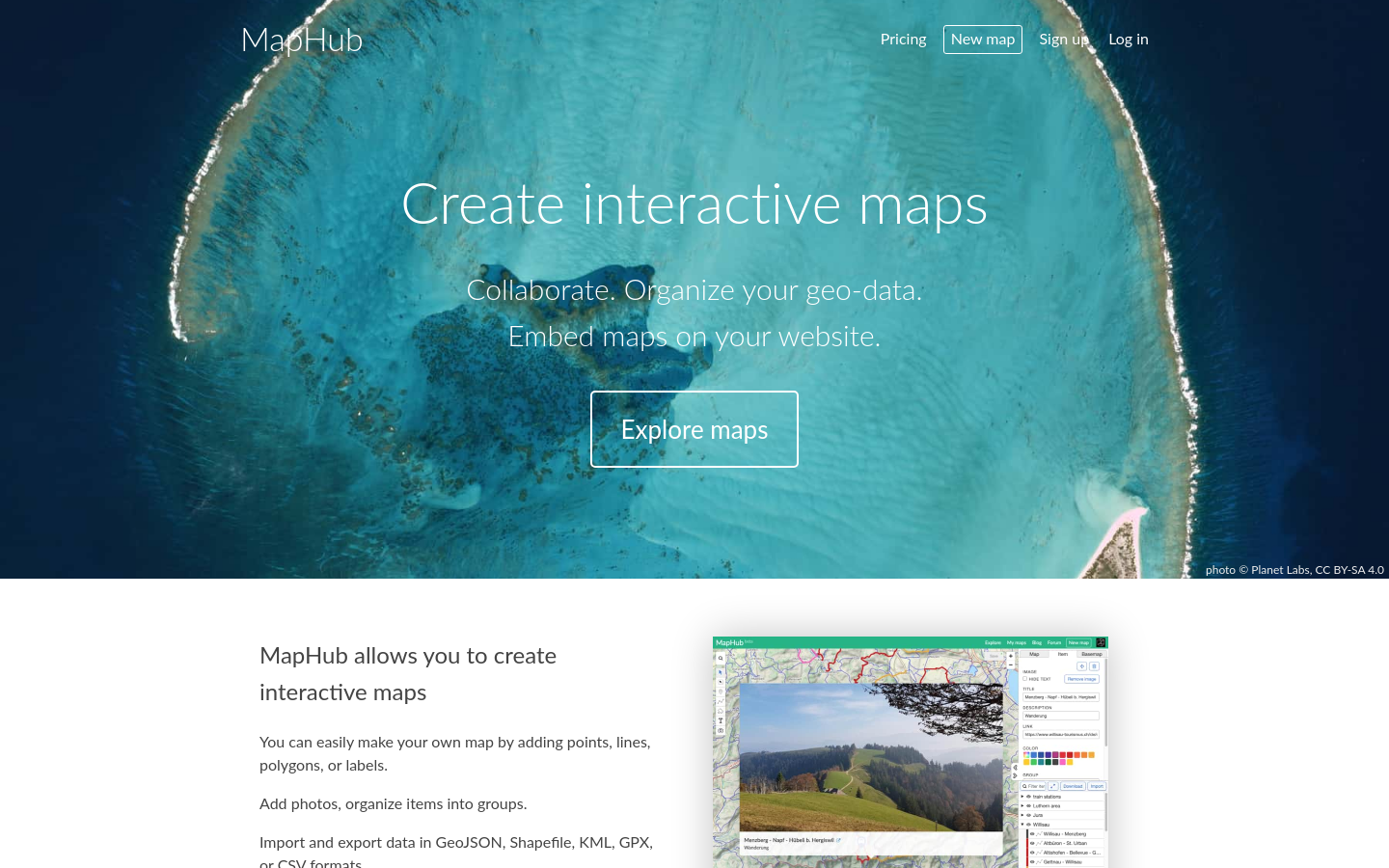Civic Tech Field Guide
Sharing knowledge and productively growing the fieldSearch Results - act (2977)
Showing 2977 Results

All Tech Is Human Responsible Tech University Network
New York City, NY, USAAll Tech Is Human’s mission is to grow and diversify the entire Responsible Tech community. The University Network serves that mission by extending opportunities for learning and career growth (and a good time!) to affiliated student clubs at colleges and universities across the globe.

El programa Cali Cómo Vamos, el laboratorio ciudadano Mi Cali Contrata Bien, la Unidad de Acción Vallecaucana y el observatorio Cali Visible, ponen a disposición una ruta de obtención de datos referidos a indicadores de bienestar y gestión pública de la ciudad.

Funded by the European Commission Directorate-General for Structural Reform Support (DG REFORM) and implemented by UNESCO, this project supports the Flemish government in implementing reforms by contributing to the improved AI-readiness and increased adoption of AI across the Flemish public administrations in a safe and ethical manner.

Cali Cómo Vamos
CaliCali Cómo Vamos es un programa de seguimiento y evaluación de la calidad de vida en la ciudad, tiene como referencia el Programa “Bogotá Cómo Vamos”, adelantado desde 1998 por iniciativa de la Casa Editorial El Tiempo, la Cámara de Comercio de Bogotá y la Fundación Corona.

FMTM (beta release) allows for coordinating field mapping activities in Open Mapping campaigns. While there are existing field mapping applications, there is a lack of efficient tools to coordinate these activities. The FMTM builds on the HOT Tasking Manager and other mapping applications to provide a more streamlined and organized process for completing mapping tasks.
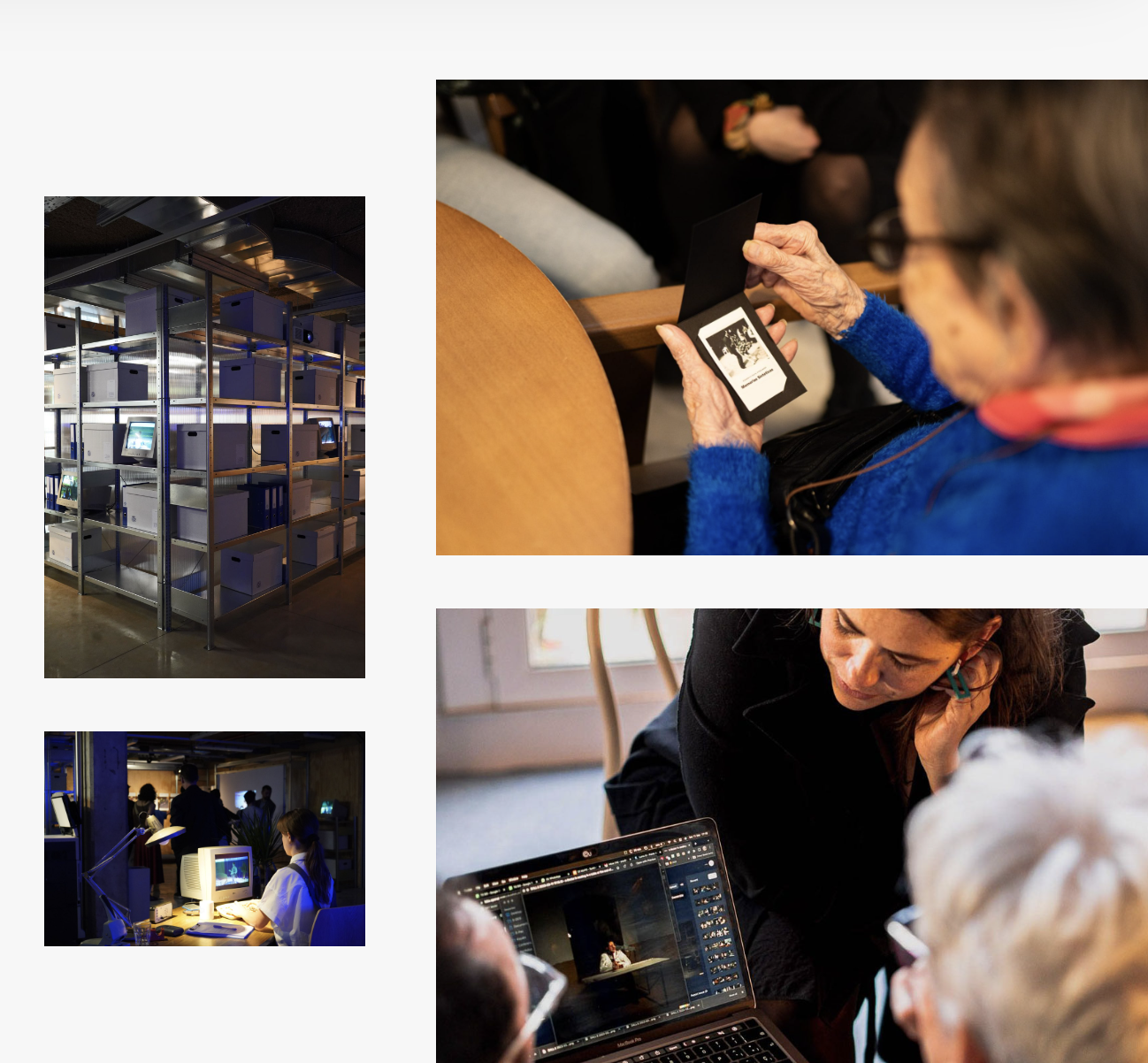
Synthetic Memories
Barcelona, Spainan initiative aimed at recovering lost or undocumented visual memories using AI image generation.

The Export Tool is an open service that creates customized extracts of up-to-date OSM data in various file formats.

The Sketch Map Tool is an easy-to-use tool for participatory sketch mapping through offline collection, digitization and georeferencing of local spatial knowledge. The tool has a variety of applications. For example, do you want to work together with people in a community to map their experience and perception of risk in their neighbourhood in a paper-based format, but still be able to quickly analyse the results digitally? Then, the Sketch Map Tool is exactly what you need!
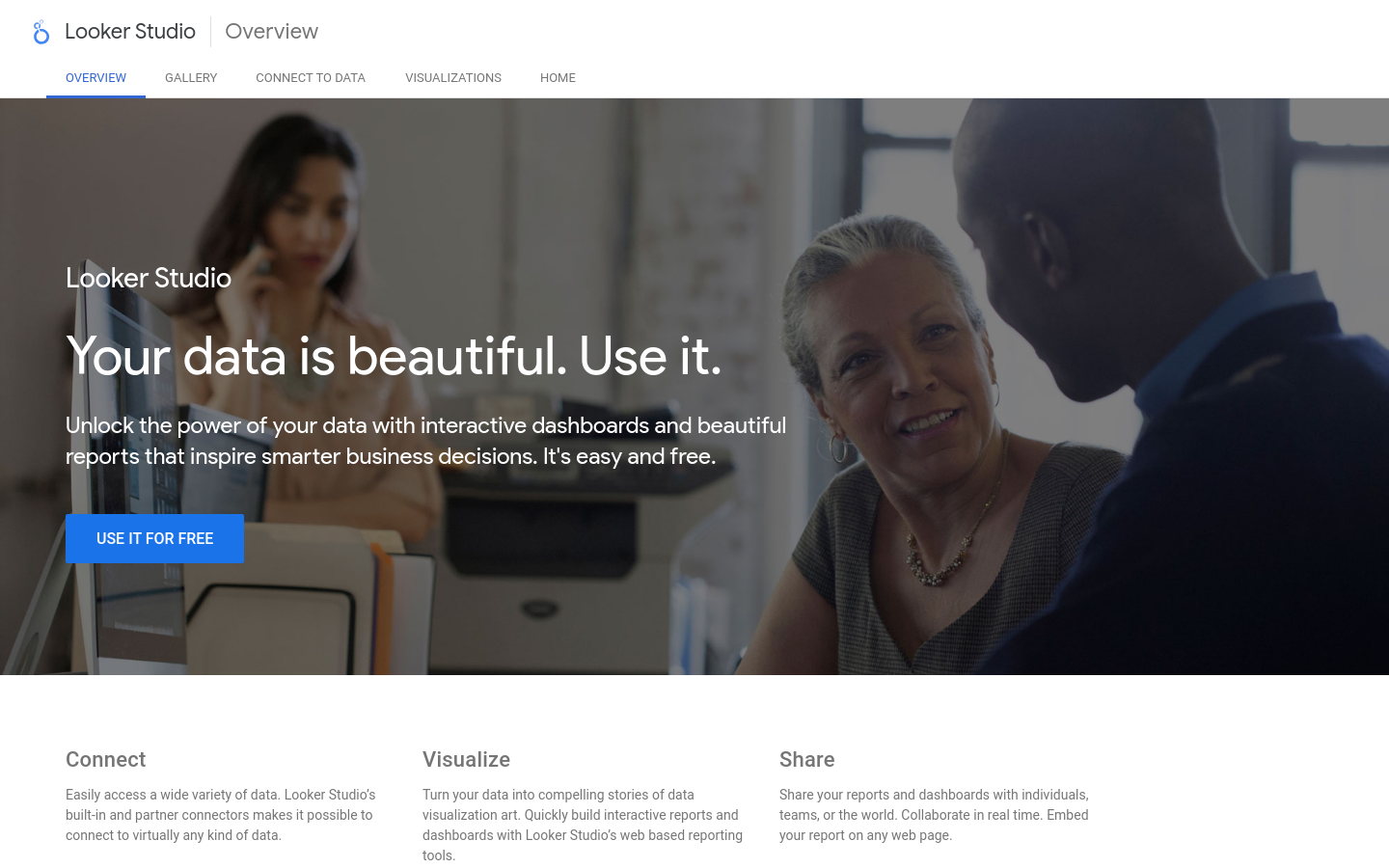
Formerly Google Studio. Unlock the power of your data with interactive dashboards and beautiful reports that inspire smarter business decisions. It's easy and free.

Surveillance Watch is an interactive map that documents the hidden connections within the opaque surveillance industry.

DEMOCRACY X
Denmark (Danmark)In 2023, the Danish Board of Technology and ParticipationDenmark merged. We are now called DEMOCRACY X, with a focus on technology, society and sustainability.

Domestic Data Streamers
Carrer Papin 33, 08028 Barcelona, SpainWe are a research and design studio partnering up with organisations to build change through data, community, and arts.

Tella
GlobalTella is a mobile tool designed for activists, human rights defenders, and journalists facing high levels of repression and surveillance. With Tella, users can seamlessly hide and encrypt sensitive material in a secure container on their mobile device and securely send this material to the servers of the organization or partner they're working with.

We are a group of security practitioners helping NGOs, human rights defenders, media outlets, and activists.

Open Government for Stronger Democracies
OECD, Rue André Pascal, Paris, FranceAn OECD global assessment of countries' implementation of its 2017 Recommendation on Open Government

Metroverse, an interactive tool built by Harvard’s Growth Lab, makes it possible to understand your city’s economy and compare it to others.

CitizenChat
UgandaCitizenChat is an AI-powered chatbot designed to empower citizens by providing access to key government information and facilitating interactive communication. The platform enables citizens to engage with government services, access valuable information, and report queries or concerns in real-time.

Clay
Washington, DCClay is a nonprofit team on a mission to make Earth observation as useful and ubiquitous as a Google search. We believe in using open, responsible AI to make Earth observation a force for positive change.

Can modern AI help solve today’s critical challenges of climate change and nature loss? The Grand Challenge will offer up to $100 million in total funding over three rounds.


Data Zetu
United Republic of Tanzania (Jamhuri ya Muungano wa Tanzania)This project is using geospatial technology to solve the climate mobility data gap and inform required food security and planning interventions.
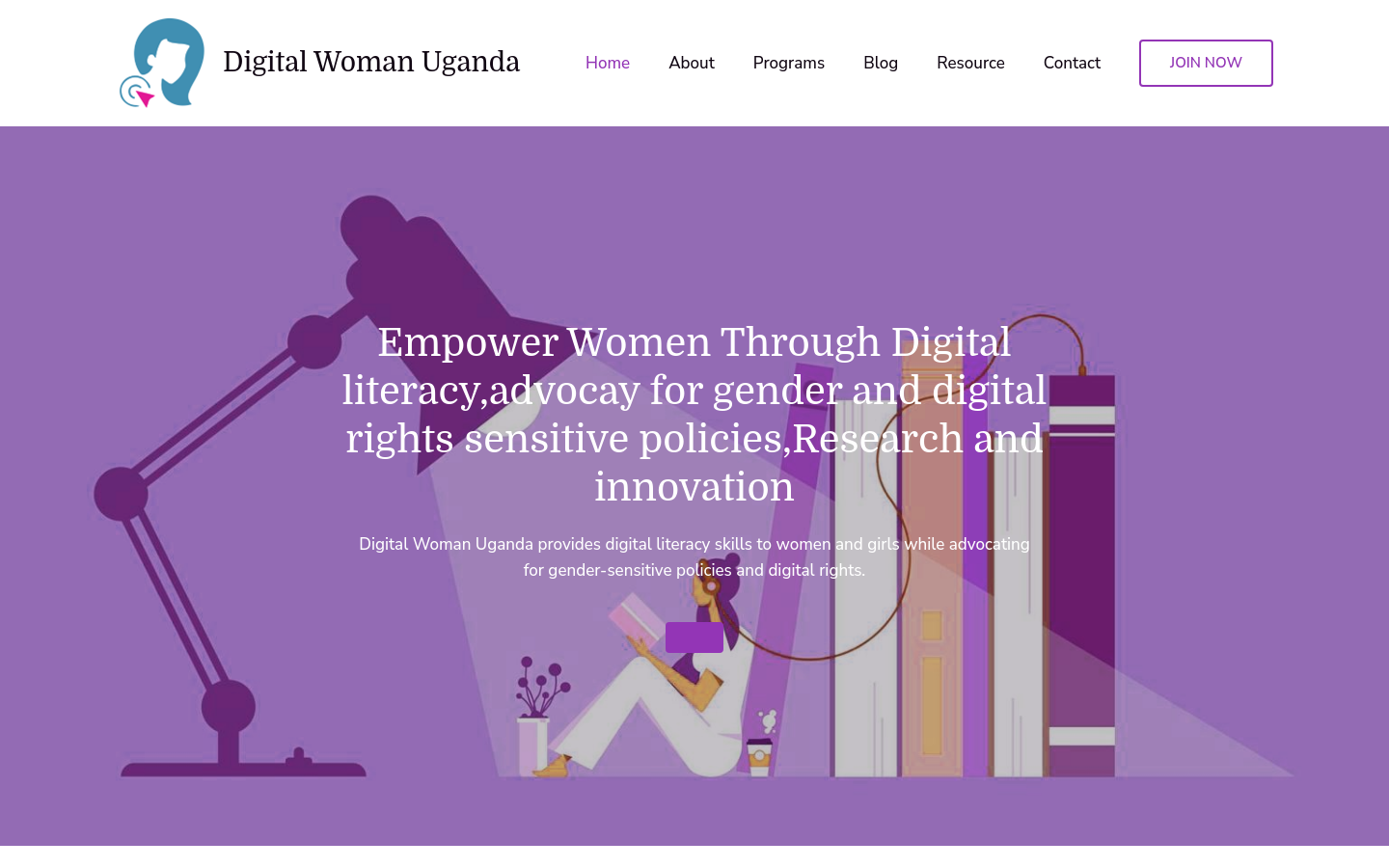
Digital Woman Uganda
UgandaDigital Woman Uganda provides digital literacy skills to women and girls while advocating for gender-sensitive policies and digital rights.
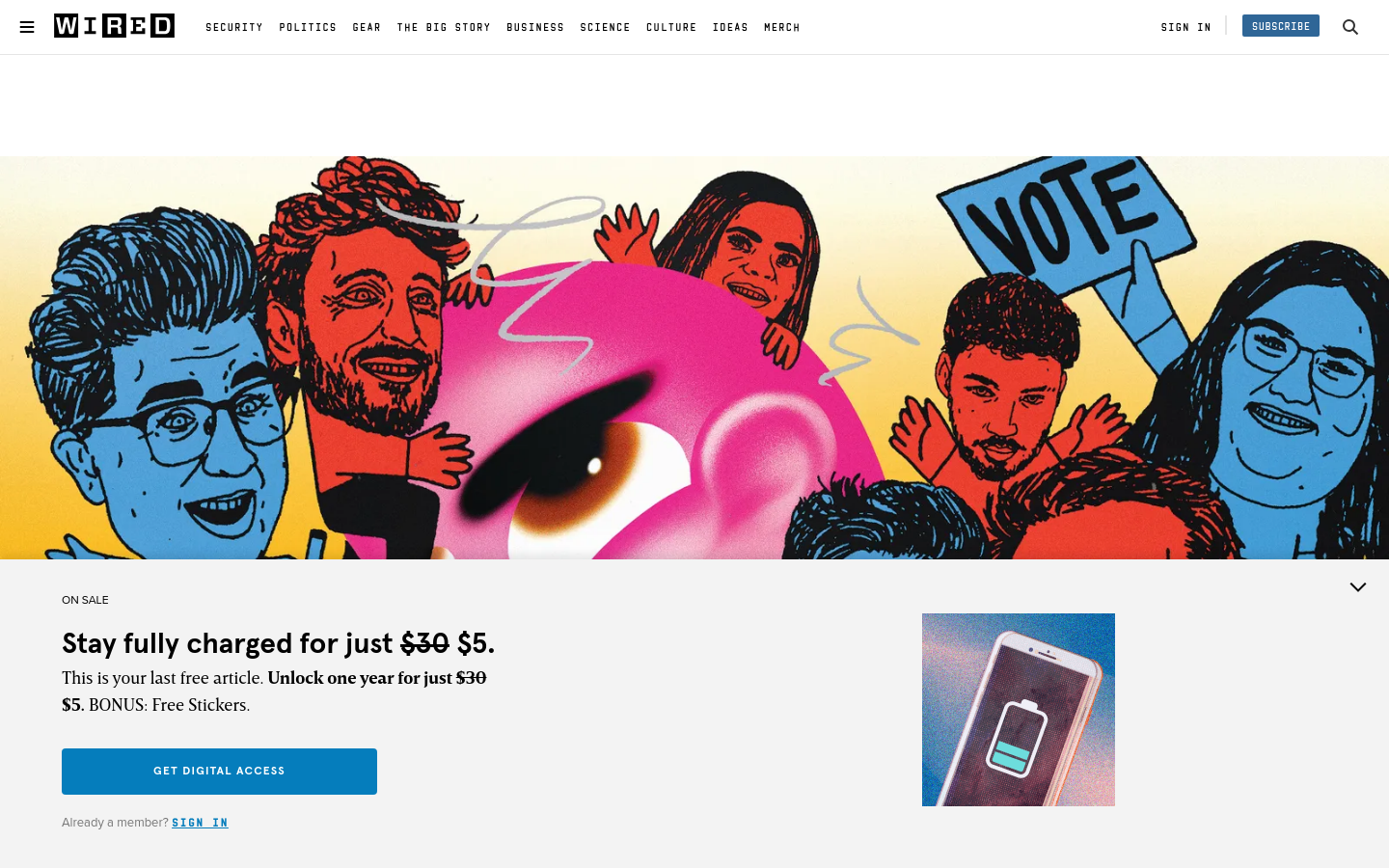
From Hasan Piker to Logan Paul, this interactive display maps how online personalities on the right and the left are using their massive followings to influence the US election.
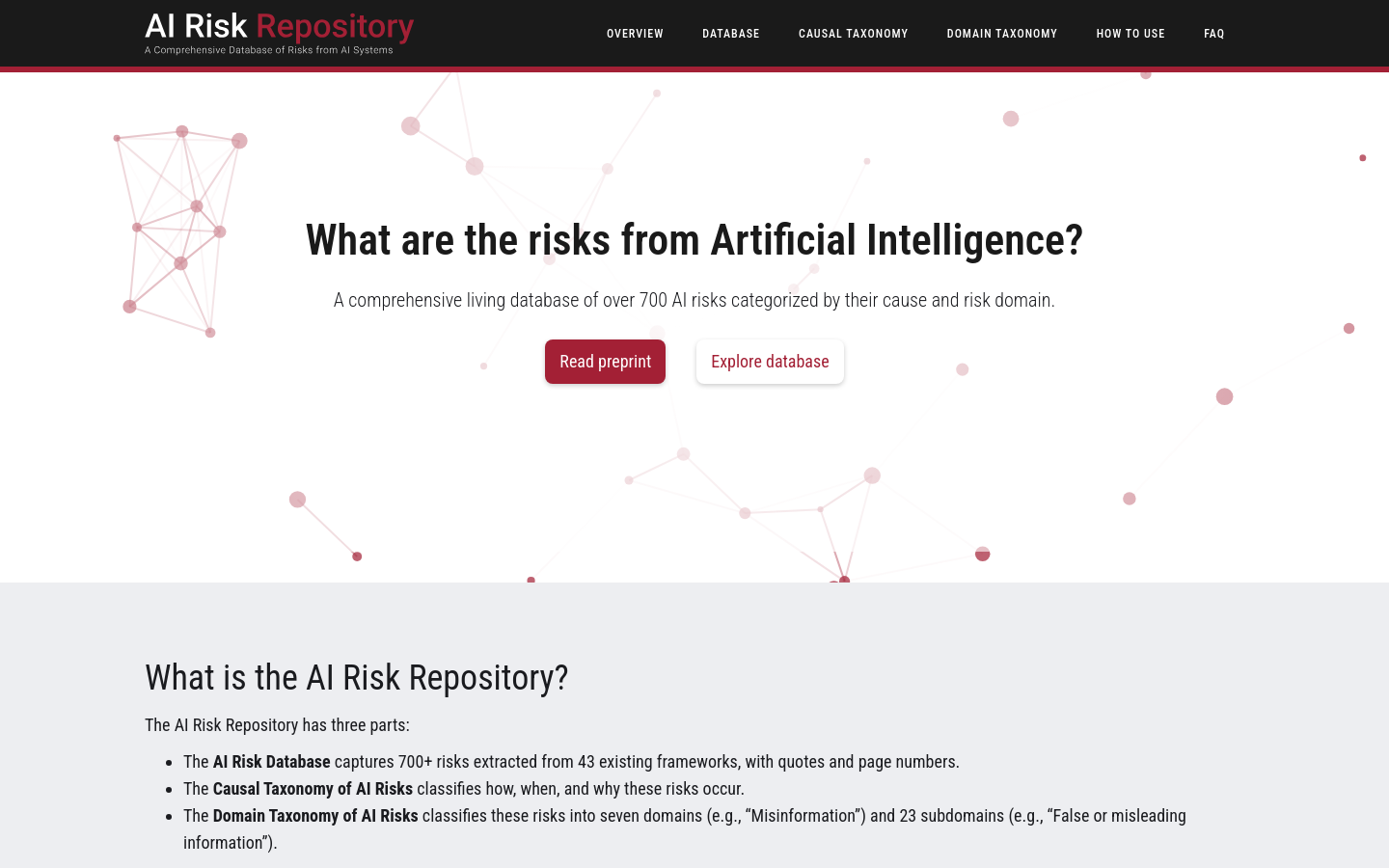
AI Risk Repository
Massachusetts Institute of Technology (MIT)A comprehensive living database of over 700 AI risks categorized by their cause and risk domain.

Civic Tech in Africa podcast
Johannesburg, South AfricaCivic Tech in Africa with Nathi Mcetywa is a podcast by the Civic Tech Innovation Network. The podcast focuses on the profiling of civic tech initiatives, civic innovators, activists, researchers, social entrepreneurs and others working in the civic tech and other related fields in Africa.

This map...illustrates a [Congress] in a state of dysfunction, with growing dissatisfaction on the part of the public, waning trust in its ability perform, and -- most significantly -- large-scale disengagement from the system by the public.

Our best-performing model can potentially help TSU find 59% more buildings where tenants face landlord harassment than the current outreach method using the same resources.

What is Civic Tech? YouTube video
Johannesburg, South AfricaWe begin the series with a video that explains what civic tech is and it’s potential impact in African regions.

Public Service Accountability Monitor (PSAM)
South Africa (South Africa, Afrika-Borwa, Suid-Afrika)PSAM’s activities include research, monitoring, advocacy and capacity building. Working through southern Africa, PSAM generates and shares knowledge about social accountability and the monitoring and advocacy tools that can build more open, participatory and accountable governments.

Public Data Access Programs - A First Look
Washington, DCThe EU’s Digital Services Act mandates greater researcher data access from platforms; Mozilla and the National Conference on Citizenship investigated 19 platforms’ responses

GCA Cybersecurity Toolkit for Elections
United States of America (the)Free and effective tools you can use today to take immediate action to improve the cybersecurity and integrity of our elections.

GCA Cybersecurity Toolkit for Journalists
United States of America (the)Free and effective tools you can use right now to take action to improve the cybersecurity and integrity of your newsroom.

BudLib
Calgary, AB, CanadaBudLib is an open-source Library Management System, built and designed from ground up, primarily for smaller and independent schools.

Exploradores da Cidadania
United Kingdom of Great Britain and Northern Ireland (the)A board game to energize participatory sessions in primary school classrooms, practically exploring various dimensions of citizen participation. Wander down the road of this game and improve your territory!

Public places are places where all citizens, irrespective of their race, age, religion, or class level (social or economic), cannot be excluded

Presented at the 1st International Conference on Urban Growth and the Circular Economy that was held in Alicante, Spain the papers included in this book focus on the continuing and rapid growth of cities and their regions of influence and how that has led to the need to find new solutions which allow for promoting their sustainable development

Empowering the New Mobility Workforce: Educating, Training, and Inspiring Future Transportation Professionals enlists a multidisciplinary roster of subject matter specialists who identify the priorities and strategies for cultivating a skilled workforce for the rapidly changing transportation landscape

This open access book is about public open spaces, about people, and about the relationship between them and the role of technology in this relationship

Collaborative Cities: Mapping Solutions to Wicked Problems shows citizens and city leaders how to produce public value through action using location intelligence to get at the heart of complex issues

The temporal and spatial intersection of information and telecommunication technologies, creative and knowledge economies, and related new manufacturing systems, has been leading to significant effects on urban socioeconomic and spatial configurations and public policies. Specifically, the post-crisis emergence of innovative workplaces to accommodate these changes, is creating socioeconomic and spatial features that are only recently beginning to be explored in the scholarly literature. According to this scenario, this edited book offers a variety of avenues for exploring the relationships between contemporary production activities and new workplaces in several urban contexts. In particular, it focuses on the consequences of these relationships in terms of regeneration of the urban fabric, as well as on their implication in terms of urban policies. This book represents early observation of the fast-growing phenomenon of new productive activities and workplaces against the background of the gig economy and sharing economy paradigms. Central to this discussion is the investigation of the connection between digital technologies, new works and workplaces, and urban change processes and projects, by providing an additional contribution to new urban agendas for contemporary cities. The chapters originally published as a special issue in the Journal of Urban Technology.

Political equality as the foundation of democracy -- Opening political doors -- For richer or poorer, politically speaking -- Civil society mobilizing action -- Age, generations, and participation -- What's a good citizen to do? -- The special case of online activism -- Contextual and inequality / Russell J

The New Companion to Urban Design continues the assemblage of rich and critical ideas about urban form and design that began with the Companion to Urban Design (Routledge, 2011)

This book considers the ways in which the concept of the Rule of Law will need to evolve in order to ensure that the exercise of power by Artificial Intelligence (AI) does not become arbitrary and does not proceed unchecked.

Modern day and technology-rich environments require a reconceptualization of how the nature of technology influences urban areas

This open access book presents a selection of the best contributions to the Digital Cities 9 Workshop held in Limerick in 2015, combining a number of the latest academic insights into new collaborative modes of city making that are firmly rooted in empirical findings about the actual practices of citizens, designers and policy makers

Book abstract: The Oxford Handbook of AI Governance examines how artificial intelligence (AI) interacts with and influences governance systems

The exploration of ways to conceptualize the shaping of the present by socio‐technical futures is the aim of this volume.

In this book, you'll share that access as you explore the ideas, strategies, and insights that will boost volunteer engagement today and in the future.
